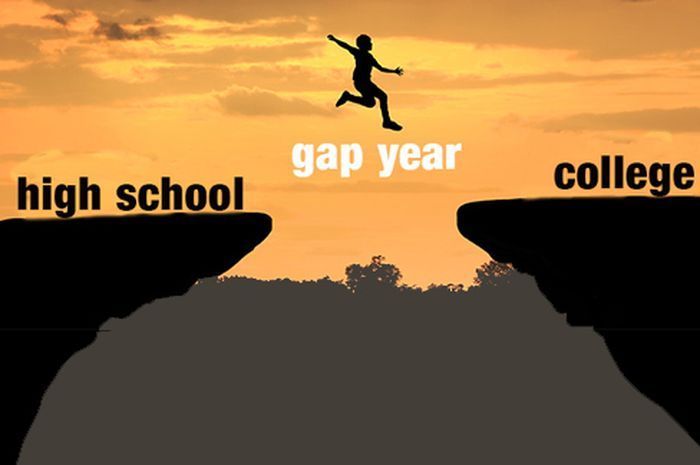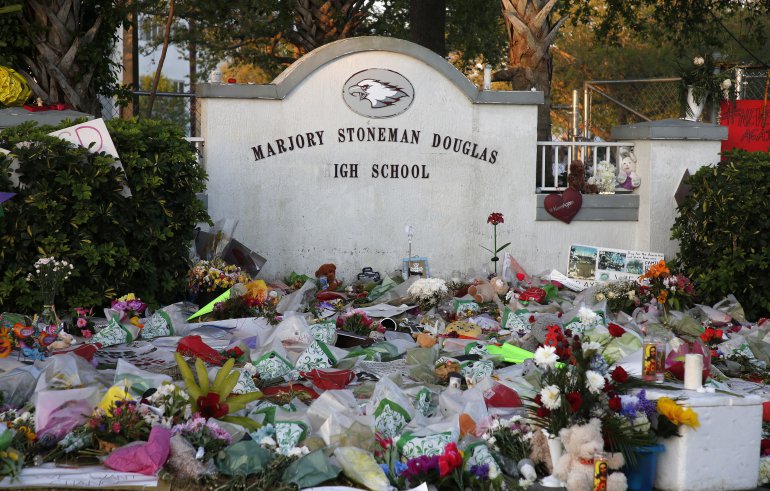Last week The New York Times featured a Snapchat story titled “The Achievement Gap.” The story spoke of students who took gap years in their college career, saying that students who do so tend to get better grades in college and “find more satisfying work afterward.”
“The Achievement Gap” Snapchat story was based off of the article “Independence Days: My Perfect Imperfect Gap Year,” by Kyle DeNuccio, a freshmen who left the University of San Diego after his freshmen year to take a gap year. Gap years are defined as a set year of absence from an academic institution with an agreed return date. The most notable gap year taken by a student in this country, is Malia Obama, who is currently taking one before attending Harvard this Fall.
Gap years, while compelling, often appear to be an elitist opportunity surrounded by stigmas, as students who do take the gap are likely to undergo high costs of travel, or are assumed to be able to financially support themselves without the need of their parents.
While there is currently no specific gap year information on the Queens College website, it is likely due to the fact that many students do not take gap years.
QC English MFA Professor, Roger Sedarat, discussed his thoughts of the academic break.
“Speaking from my own experience, in hopes that students could learn from my mistakes, I wish I had taken a gap year. When I was in college I had this fantastic Spanish professor who strongly suggested I follow his path and teach ESL in Spain for a year. He said he could get me the job in Madrid as well as a good place to stay, adding that I’d have the time of my life. Instead, I felt like I should take the responsible path, staying on track to graduate within four years. That’s been a real regret.”
Sedarat added that the stigma surrounding gap years, such as the belief that students will not return to school after leaving, must be debunked.
“Now more than ever as the liberal arts atrophy in the academy our culture impresses upon students to work functionally toward their goals. That gap year offers them a chance to explore who they are as human beings, and maybe who they really want to become. Looking back in refusing to take one myself, I listened to that practical voice that led me down the “safe” path. Of course sometimes we need the linear logic. At other times, however, especially when we are young, we need to practice a little more carpe diem.”
Marco Sin, a junior majoring in economics and sociology said that gap years, while idealistic for college students, are not realistic for many QC students.
“A gap year seems like an adventure to get to know yourself, who you are, and what you want from life. I do believe in the idea of a gap year and the promises it holds. However, I believe that I, along with a lot of students on campus, don’t actually have the opportunity to take one. We have obligations to our family, we have to work, we have to meet deadlines. While gap years do hold the potential of making us better students, and eventually better human beings, they’re just a difficult thing to actually attain.”
David Gutenmacher, a junior media studies major, shared his belief on the subject. While he did not take a gap year, Gutenmacher travels during his spare time to get away from the academic stress.
“Travel is education. It teaches new perspectives, independence, appreciation, spontaneity, patience, humility, self-worth, and trust-all things schooling fails to teach. While gap years are a harsh extent, students should try to find escape from the hectic school curriculum to any national park or beach nearby. It’s a good way to get in touch with yourself and remember there’s more to life than your academic grades.”
While gap years may seem difficult to take, students do have the option to do so. USA Gap Year Fairs organize events for students to learn about opportunities, as well as The American Gap Association, which maintains lists of programs.














